Eficacia del programa de Facilitación de la Planificación para la prevención de dificultades de comprensión lectora
Effectiveness of the Planning Facilitation program for the prevention of reading comprehension difficulties
DOI:
https://doi.org/10.24310/isl.vi15.12561Keywords:
Planning facilitation, metacognition, metacognitive instruction, reading comprehension, PASS theoryAbstract
The aim of the study is to analyze the role of PASS cognitive processes in the improvement of reading comprehension within a group of students whose reading performance was beginning to differ from their classmates with whom they had started their primary schooling. The presence of this achievement difficulty in reading comprehension was observed at the beginning of the third year of primary education. The group of students at risk of reading comprehension difficulties (n = 8) underwent training, while their classmates acted as a control group. The total number of students in the classroom was 30. The Reading Comprehension Assessment test, the four scales of the Cognitive Assessment System Battery (Planning, Attention, Simultaneous, and Successive), and the Reading Awareness Scale were used for the evaluation of the students. The reading comprehension program was implemented using the Planning Facilitation method. The results showed an improvement in the care process that was manifested in the posttest and planning measure, which remained active from the premeasure to the follow-up. At this moment of the measurement, the improvement of the simultaneous processing with a great activity of reading comprehension and awareness was manifested. Reading comprehension and awareness improved significantly in the post measure and increased in the follow-up measure with simultaneous processing. These results are interpreted in the sense that the Planning Facilitation program has a specific effect on the processes of knowledge (reading awareness) and metacognitive control (planning and attention), as well as on the simultaneous cognitive process and on the transfer of these to reading comprehension. Planning activates the functioning of simultaneous processing and its control, and once the cognitive weakness of simultaneous disappears, reading comprehension is performed competently.
Downloads
Metrics
Publication Facts
Reviewer profiles N/A
Author statements
- Academic society
- N/A
- Publisher
- EduVerso, Universidad de Málaga
References
Alexander, P. A., Graham, S., y Harris, K. R. (1998). A perspective on strategy research: Progress and prospects. Educational Psychology Review, 10 (2), 129-154.
Cain, K., y Oakhill, J. (2011). Matthew Effects in Young Readers: Reading Comprehension and Reading Experience Aid Vocabulary Development. Journal of Learning Disabilities, 44 (5), 431–443. DOI: 10.1177/0022219411410042.
Carretti, B., Caldarola, N., Tencati, C., y Cornoldi, C. (2014). Improving reading comprehension in reading and listening settings: the effect of two training programmes focusing on metacognition and working memory. British Journal of Educational Psychology, 84, 194–210. DOI:10.1111/bjep.12022
Català, G., Català, M., Molina, E. y Monclús, R. (2001). Evaluación de la comprensión lectora. Barcelona: Graò.
Cormier, P., Carlson, J. S., y Das, J. P. (1990). Planning ability and cognitive performance: The compensatory effects of a dynamic assessment approach. Learning and Individual Differences, 2, 437-449. DOI:10.1016/1041-6080(90)90004-Z
Das, J. P. (1998). Dyslexia and reading dificulties. JP Das Developmental disabilities. Edmonton, Canadá: Universidad of Alberta.
Das, J. P., y Georgiou, G. K. (2016). Levels of planning predict different reading comprehension outcomes. Learning and Individual Differences, 48, 24-28. DOI: 10.1016/j.lindif.2016.04.004
Das, J. P., y Misra, S. (2015). Cognitive planning and executive Functions: Applications in Management and Education. New Dheli: SAGE Publications India.
Das, J. P., Naglieri, J. A. y Kirby, J. R. (1994). Assessment of cognitive processes: The PASS theory of intelligence. Massachussets: Allyn and Bacon.
Das, J. P., Kar, B. C., y Parrilla, R. (1996). Cognitive planning. New Delhi: SAGE.
Deaño, M., Alfonso, S., y Ares-Ferreirós, M. (2019). Mejora de la metacognición y de la comprensión lectora: eficacia de un programa de intervención metacognitiva. En Florencio Vicente Castro y David Padilla Góngora (Eds.), Del mérito al prestigio (pp. 39-58). Badajoz: INFAD y Crecimiento Humano.
Dole, J. A., Nokes, J. D., y Drits, D. (2009). Cognitive strategy instruction. In G. G. Duffy y S. E. Israel (Eds.). Handbook of research on reading comprehension (pp 347-372). Hillsdale, NJ: Erlbaum.
Georgiou, G. K., y Das, J. P. (2014). Reading comprehension in university students: Relevance of PASS theory of intelligence. Journal of Research in Reading, 37(S1), 101-115
Gutiérrez-Fresneda, R. y Del Olmo, M. T. (2019). Mejora de la comprensión lectora mediante la formulación de preguntas tipo test. Revista Investigaciones sobre Lectura, 11, 93-104. DOI 10.37132/isl.v0i11.286
Haddad, F. A., Garcia, Y. E., Naglieri, J. A., Grimditch, M., McAndrews, A., y Eubanks, J. (2003). Planning facilitation and reading comprehension: Instructional relevance of the PASS theory. Journal of Psychoeducational Assessment, 21, 282-289. DOI:10.1177/073428290302100304
Hulme, C., y Snowling, M. J. (2009). Developmental disorders of language learning and cognition. Chichester, UK: Wiley-Blackwell.
Kar, B. C., Dash, U. N., Das, J. P., y Carlson, J. (1993). Two experiments on the dynamic assessment of planning. Learning and Individual Differences, 5, 13-29. DOI:10.1016/1041-6080(93)90023-L
Kostons, D., y Van der Werf, G. (2015). The effects of activating prior topic and metacognitive knowledge on text comprehension scores. British Journal of Educational Psychology, 85, 264-275. DOI:10.1111/bjep.12069
León, J. A. (2004). ¿Por qué las personas no comprenden lo que leen? Psicología Evolutiva, 10 (2), 101-116.
Mahapatra, S. (2015). Reading difficulties in children: The role of language and cognitive processes. IOSR, Journal of Humanities And Social Science, 20 (2), 10-18.
Naglieri, J. A., y Das, J. P. (1997). Das-Naglieri Cognitive Assessment System. Itasca: Riverside.
Naglieri, J. A., y Gottling, S. H. (1997). Mathematics Instruction and PASS Cognitive Processes An Intervention Study. Journal of Learning Disabilities, 30, 513-520. DOI:10.1177/002221949703000507
Naglieri, J. A., y Johnson, D. (2000). Effectiveness of a cognitive strategy intervention in improving arithmetic computation based on the PASS theory. Journal of learning disabilities, 33, 591-597. DOI:10.1177/002221940003300607
Nation, K., y Norbury, C. F. (2005). Why reading comprehension fails: Insights from developmental disorders. Topics In Language Disorders, 25, 21-32. DOI:10.1097/00011363-200501000-00004
Perfetti, C. (2010). Decoding, vocabulary and comprehension. The golden triangle of Reading skill. In M. G. McKeown y L. Kucan (Eds.), Bringing Reading Research To Life (pp.291-303). New York: Guilford.
Perfetti, C., Landi, N. y Oakhill, J. (2005). The acquisition of reading comprehension skill. In M.J. Snowling y C. Hulme (Eds.), Science Of Reading: A Handbook (pp. 227-247). Oxford: Blackwell.
Puente, A., Jiménez, V., y Alvarado, J. M. (2009). ESCOLA. Escala de conciencia lectora. Madrid: EOS.
Shimamura, A. P. (2000). What is metacognition? The brain knows. American Journal of Psychology, 113, 142-146. DOI:10.2307/1423465
Van den Broek, P. W. (2010). Using texts in science education: Cognitive processes and knowledge representation. Science, 328, 453-456. DOI:10.1126/science.11825
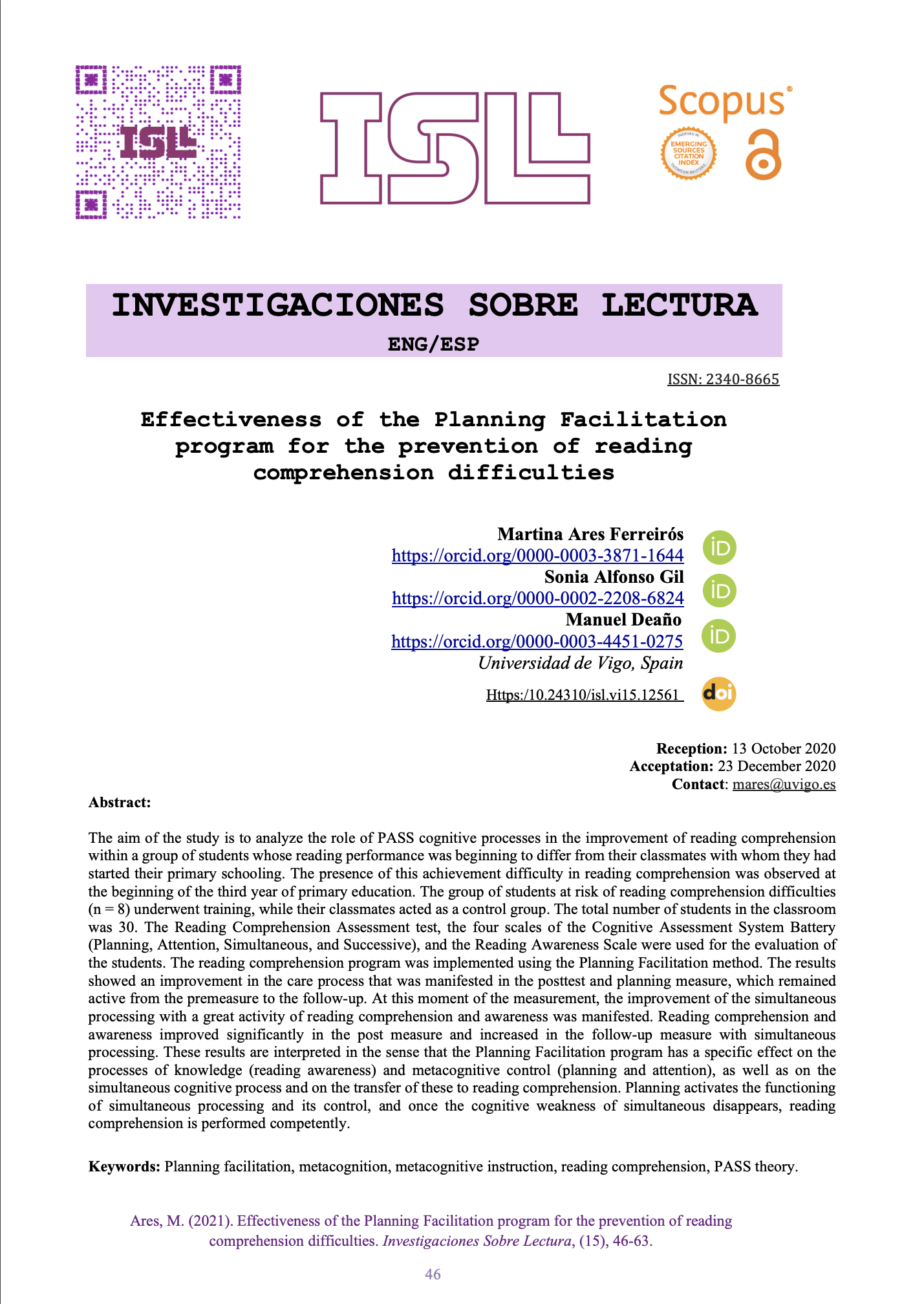
Downloads
Published
How to Cite
Issue
Section
License
All contents published in Investigaciones sobre la Lectura are protected under the Creative Commons Attribution-NonCommercial-ShareAlike 4.0 International (CC BY-NC-SA 4.0) license. All about this license is available in the following link: <http://creativecommons.org/licenses/by-nc-sa/4.0>
Users can copy, use, redistribute, share and exhibit publicly as long as:
- The original source and authorship of the material are cited (Journal, Publisher and URL of the work).
- It is not used for comercial purposes.
- The existence of the license and its especifications are mentioned.
There are two sets of authors’ rights: moral and property rights. Moral rights are perpetual prerogatives, unrenounceable, not-transferable, unalienable, imprescriptible and inembargable. According to authors’ rights legislation, Investigaciones sobre la Lectura recognizes and respects authors moral rights, as well as the ownership of property rights, which will be transferred to University of Malaga in open access. The property rights are referred to the benefits that are gained by the use or the dissemination of works. Investigaciones sobre la Lectura is published in an open access form and it is exclusively licenced by any means for doing or authorising distribution, dissemination, reproduction, , adaptation, translation or arrangement of works.
Authors are responsable for obtaining the necessary permission to use copyrighted images.






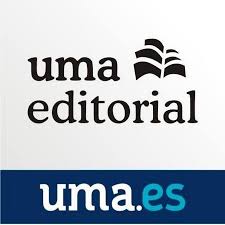
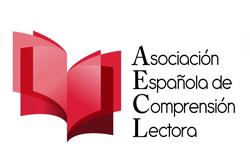
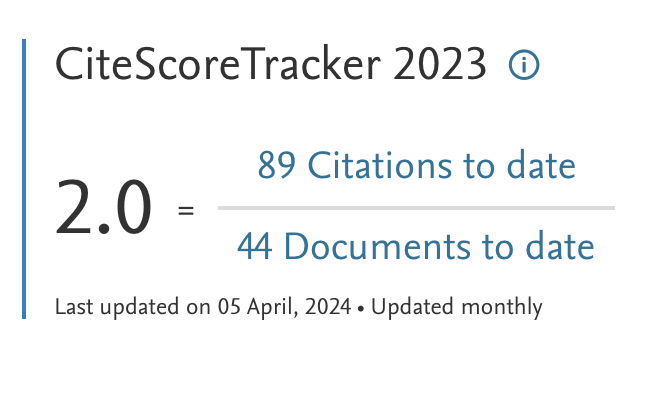
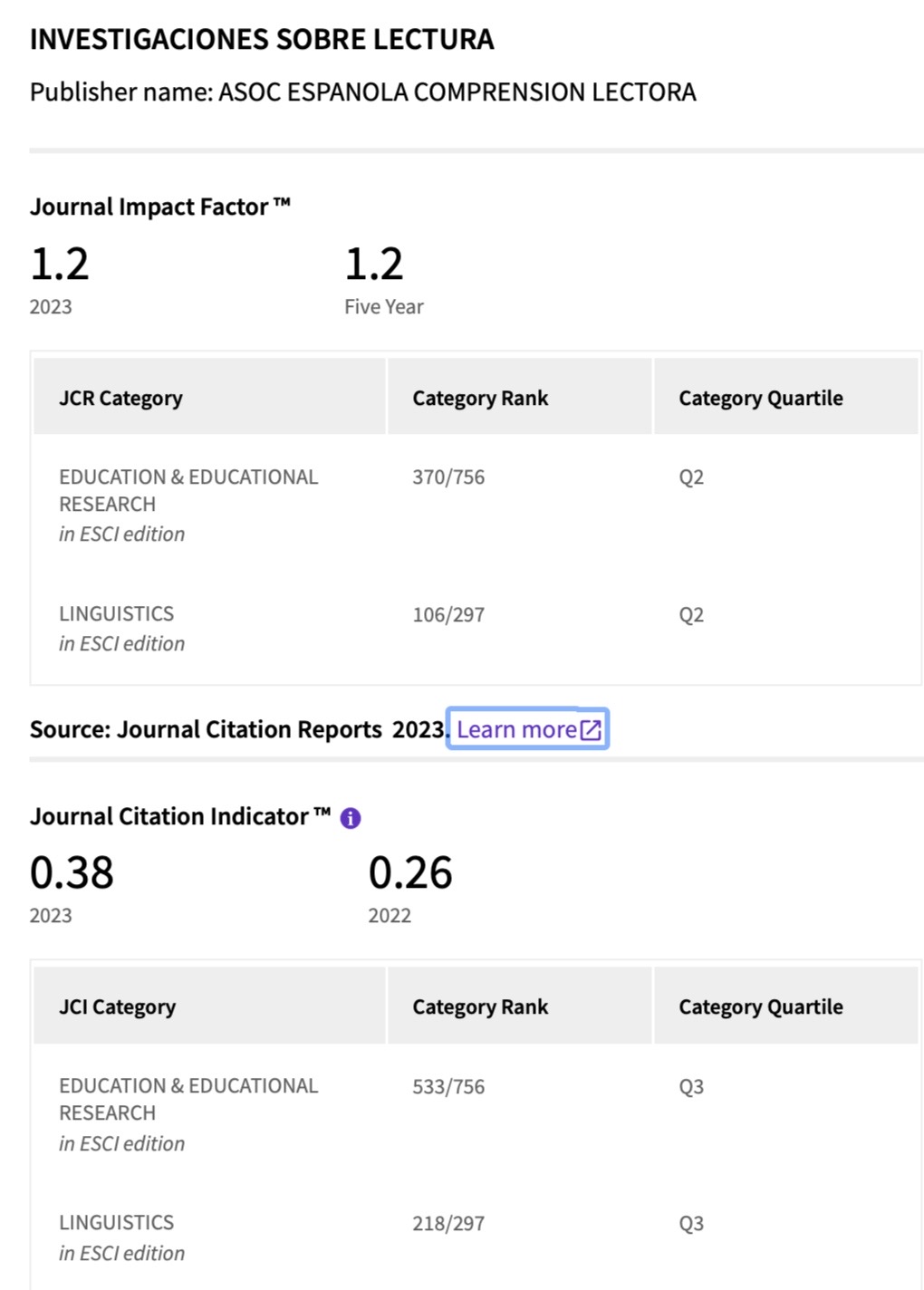
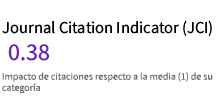
31.png)









